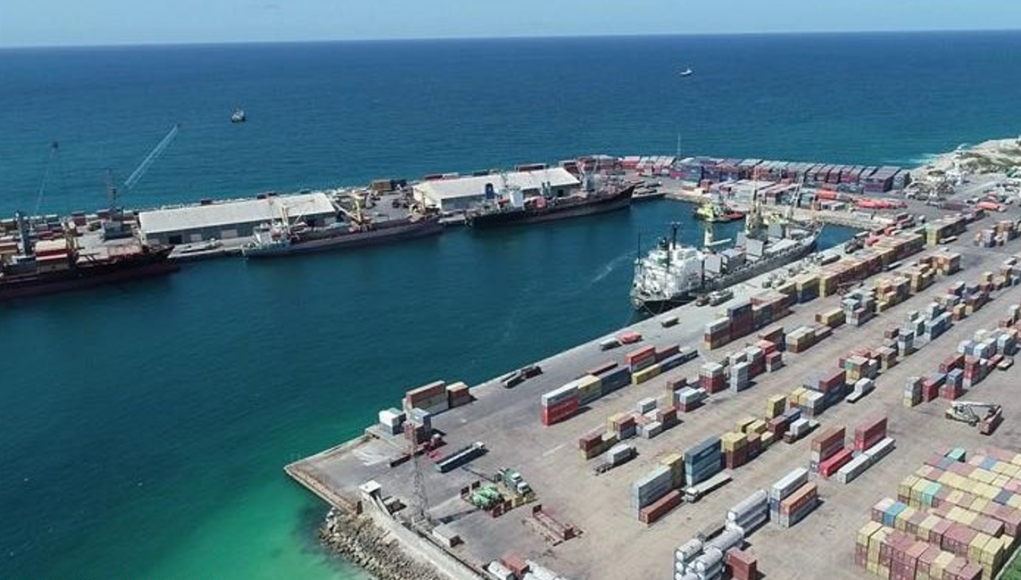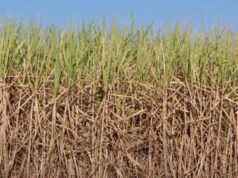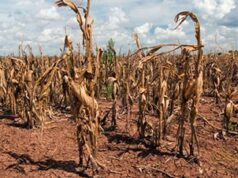Impact of Imported Goods on Somali Farmers and Strategies for Resilience: In Somalia, where agriculture supports many livelihoods, cheap imported products create a growing crisis for farmers. These imports, often subsidized in their home countries, undercut locally produced goods. As a result, many Somali consumers choose cheaper options, leaving local farmers unable to compete or earn fair prices.
This situation reduces farmers’ incomes and threatens their livelihoods. With lower earnings, farmers struggle to feed their families. Many lose motivation to farm and stop investing in crops or livestock. This weakens domestic food production and increases Somalia’s reliance on imports.
Many farmers leave their farms to find work in cities. This migration disrupts rural communities and adds pressure to already strained urban resources. At the same time, families who once thrived in rural areas face new hardships in cities, often without adequate support.
Providing farmers with training and resources can improve productivity and sustainability. Encouraging crop diversification and alternative income sources can also protect farmers from market changes. By balancing affordable food with support for local agriculture, Somalia can secure its food supply and strengthen rural livelihoods.
Despite challenges from cheap imports, Somalia can still build a resilient agricultural sector. Strategic policies and investments can strengthen rural economies, ensure food security, and support farmers for future generations.
Abdirizak Abdullahi















